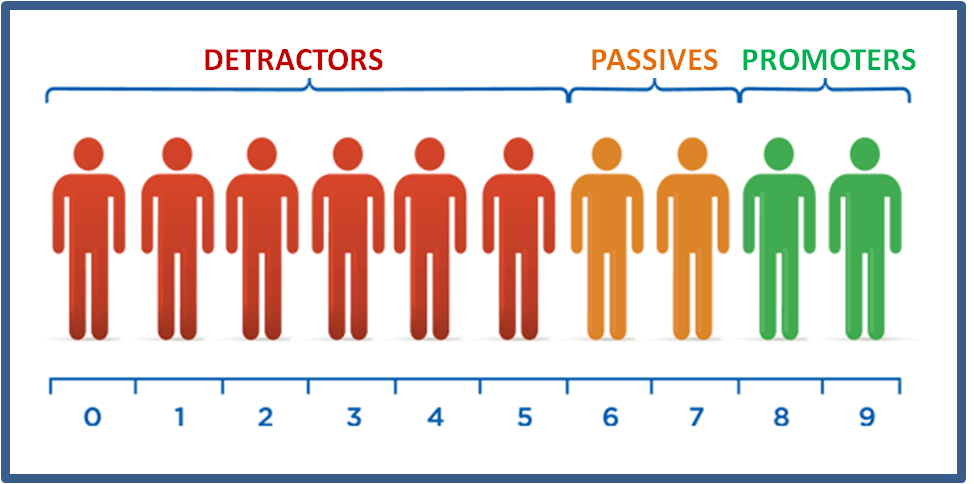A company’s Net Promoter Score (NPS) may matter more today than when it first came on the scene in 2003 – not the score so much as the behavior it inspires. Here’s why:
The 2016 Edelman Trust Barometer revealed that “respondents are increasingly reliant on a ‘person like yourself’, who, along with a regular employee, are significantly more trusted than a CEO or government official. On social networking and content-sharing sites, respondents are far more trusting of family and friends (78 percent) than a CEO (49 percent).”
Richard Edelman said, “We must get beyond ‘The Grand Illusion’ that the mass will continue to follow the elites. This ‘Illusion’ was predicated on the belief that the informed publics have access to superior information, their interests are interconnected and that becoming ‘an elite’ was open to all who work hard. But the democratization of information, high-profile revelations of greed and misbehavior, coupled with rising income inequality, have squashed those beliefs. The trust of the mass population can no longer be taken for granted.”
As trust in institutions erodes – when 92% of people trust their peers over branded content (The Shelf) – then people will continue to turn to their peers in increasingly high numbers. This is where a company’s Net Promoter Score (NPS) enters the picture.
Here’s a quick refresher on NPS: It is the brainchild of Bain & Company partner Fred Reichheld. Reichheld created NPS as an answer to conventional, often lengthy customer satisfaction surveys that were largely ineffective. A company’s NPS is determined by obtaining the answer to what’s now regarded as The Ultimate Question:
On a zero to ten scale, how likely is it that you would recommend us (or this product/service/brand) to a friend or colleague?
Respondents are placed in one of three categories: promoters, passives, or detractors. Customers identified as promoters, who answer the question with a nine or ten, are far more likely than passives or detractors to be ambassadors (or even evangelists) for a product or service.
Today, because people trust their peers far more than institutions, seeing NPS only as another customer satisfaction metric would be missing the boat – the same one we’re all in, by the way. Companies that understand how to use it, see the score as a verb rather than a noun. Doing so serves to encourage reinforcing behaviors and a culture that inspires and creates even more promoters. The more friends and family members who graduate from passives to promoters, the more likely sales of that company’s product or service go up. Pretty simple really. It’s how (and why) the power of peers matters now more than ever.

